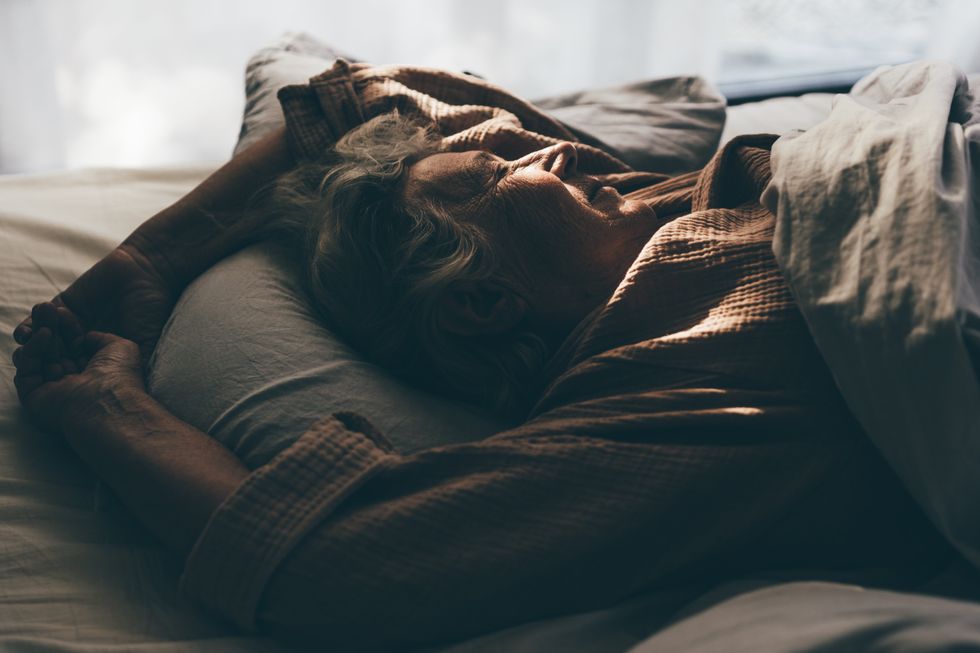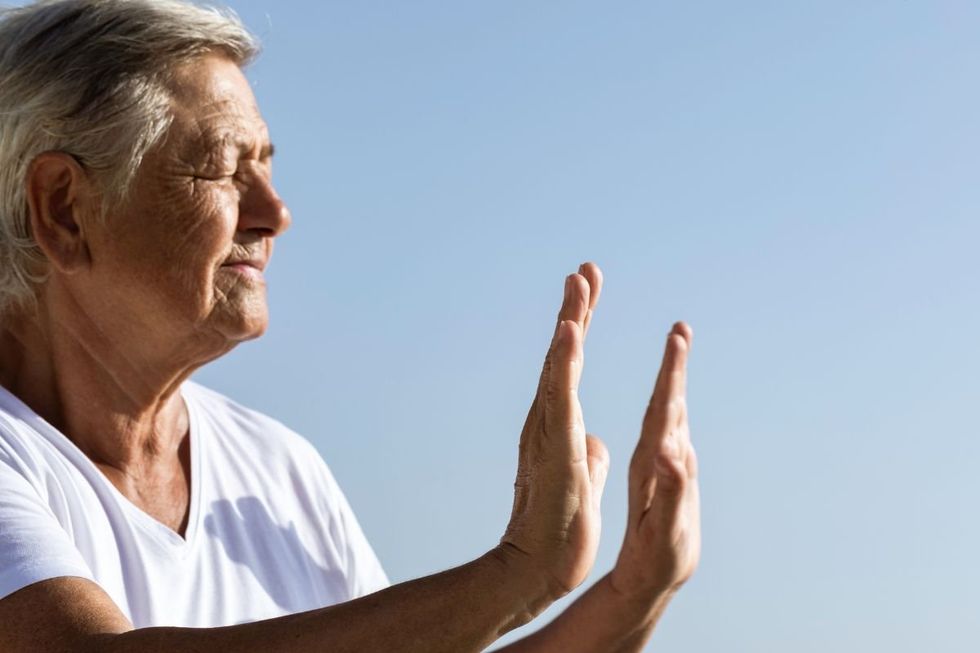How to sleep: Simple daily habit proves as effective as cognitive behavioural therapy at tackling insomnia

WATCH NOW: The secret to getting a good night's sleep
|GBN

The latest findings are good news for anyone who prefers movement-based therapy over traditional talking treatments
Don't Miss
Most Read
Tai chi may work just as well as cognitive behavioural therapy for helping middle-aged and older adults tackle chronic insomnia, new findings have revealed.
Published in the British Medical Journal, findings suggest the ancient Chinese practice may offer a gentler path to better sleep for those aged 50 and above who struggle with persistent sleep problems, providing an alternative approach for managing insomnia in the long term.
The study involved 200 people aged 50 and older who all had chronic insomnia, half of whom practised tai chi while the other half received CBT treatment.
Everyone attended hour-long sessions twice weekly over three months, totalling 24 sessions.
TRENDING
Stories
Videos
Your Say

The chinese practice could help tackle insomnia in the long term
|GETTY
None of the participants had other health conditions affecting their sleep, weren't doing regular exercise, hadn't previously tried CBT, and weren't shift workers.
Participants rated their sleep troubles, including problems falling asleep, staying asleep, waking too early, and how these issues affected their daily lives.
When the three-month programme ended, those who'd received CBT showed better improvement scores for their insomnia compared to the tai chi group.
However, the picture changed dramatically over time. After 15 months from the study's start, tai chi had caught up with CBT and even performed slightly better in some measures.
Both treatments showed similar positive effects on participants' quality of life, mental well-being and physical activity levels.
It was noted that some participants may have continued practising tai chi beyond the initial three months, which could have influenced the results.
LATEST DEVELOPMENTS
The authors stated: "Our findings suggest that tai chi can lead to substantial improvements in insomnia severity after a three-month intervention, while the long-term efficacy of tai chi is non-inferior to that of CBT, the gold standard treatment for chronic insomnia."
Meanwhile, a worrying TikTok trend has people sticking adhesive tape over their mouths while sleeping, hoping it'll improve their rest and reduce snoring. But medical experts are sounding the alarm about the dangers.

Tai chi may offer a gentler path to better sleep
|GETTY
The practice has become popular on social media, despite a lack of scientific evidence to back it up.
Dr Kimberly Hutchison, a neurologist and sleep medicine specialist at Oregon Health and Science University, cautioned: "The studies behind mouth tape are small, the benefits are modest, and the potential risks are there."
The risks go well beyond simple discomfort, as people could suffocate if they get blocked noses during the night.
This could prove particularly dangerous for anyone with sleep apnoea, where forcibly keeping the mouth shut could make the condition much worse.
Our Standards: The GB News Editorial Charter










